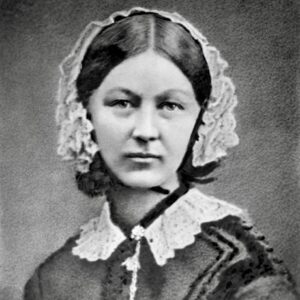
Florence Nightingale
Nursing pioneer, polymath, statistician and social justice campaigner

Nursing pioneer, polymath, statistician and social justice campaigner
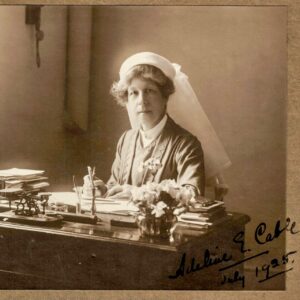
Adeline Cable (1864-1944) best known for her work as a matron at Salisbury Infirmary during the First World War. Adeline Elizabeth Cable was born in
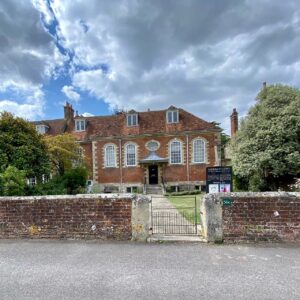
Dora Robertson impacted on the history of Salisbury in two ways: by helping to secure the future of the Choristers School when it faced financial collapse in the 1920s, and by writing the first history of the Cathedral Close, a work still used as a standard reference work by historians today
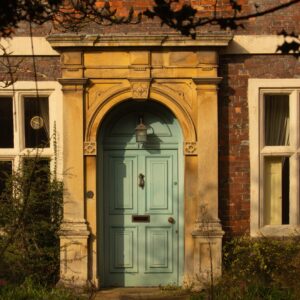
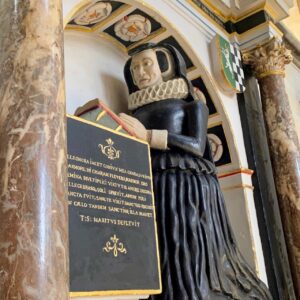
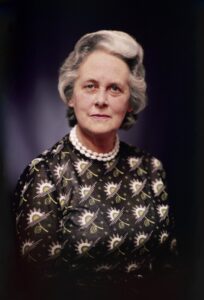
Dame Muriel Diana Reader Harris (1912-1996) Dame Muriel Diana Reader Harris influenced education, the Church of England, and the arts throughout the twentieth century. After
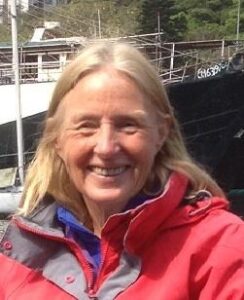
Frances Stratton (1952-2018) Frances Stratton, also known as Fran, was Headteacher of South Wilts Grammar School for Girls from 2003-11. During her time as Head,
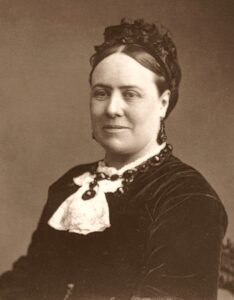
Mary Jane Chippendale (1830-1888) Mary Jane Chippendale is an example of a Salisbury woman who rose to fame at the top of her profession despite
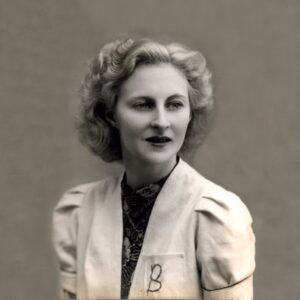
Bette was one of thousands of civilian women recruited during World War Two into a secret workforce producing Spitfires1 in factories hidden in Salisbury and the surrounding areas
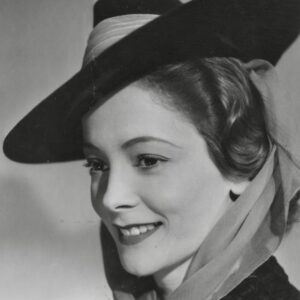
Jill Furse was a young actress of rare talent who enjoyed brief success in the late 1930s. Thwarted by both ill health and the Second World War, she was nevertheless determined to live a full and joyful life and is remembered as much for her effect on others as for her acting credits.
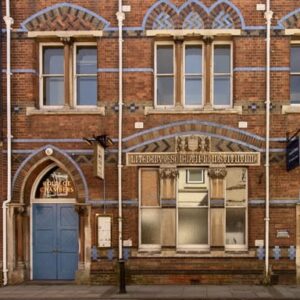
Two of the most striking Victorian buildings in Salisbury were constructed by the business run by Frances Hale
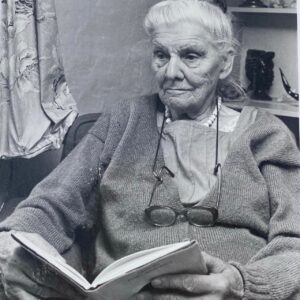
Dr Rosa Salome Pelly was a remarkable woman. Daughter of Bishop Wordsworth she read medicine at Oxford combining her career with being mother of 5 children. As well as reading her story you can listen to her daughter Robina talking about her mother’s life